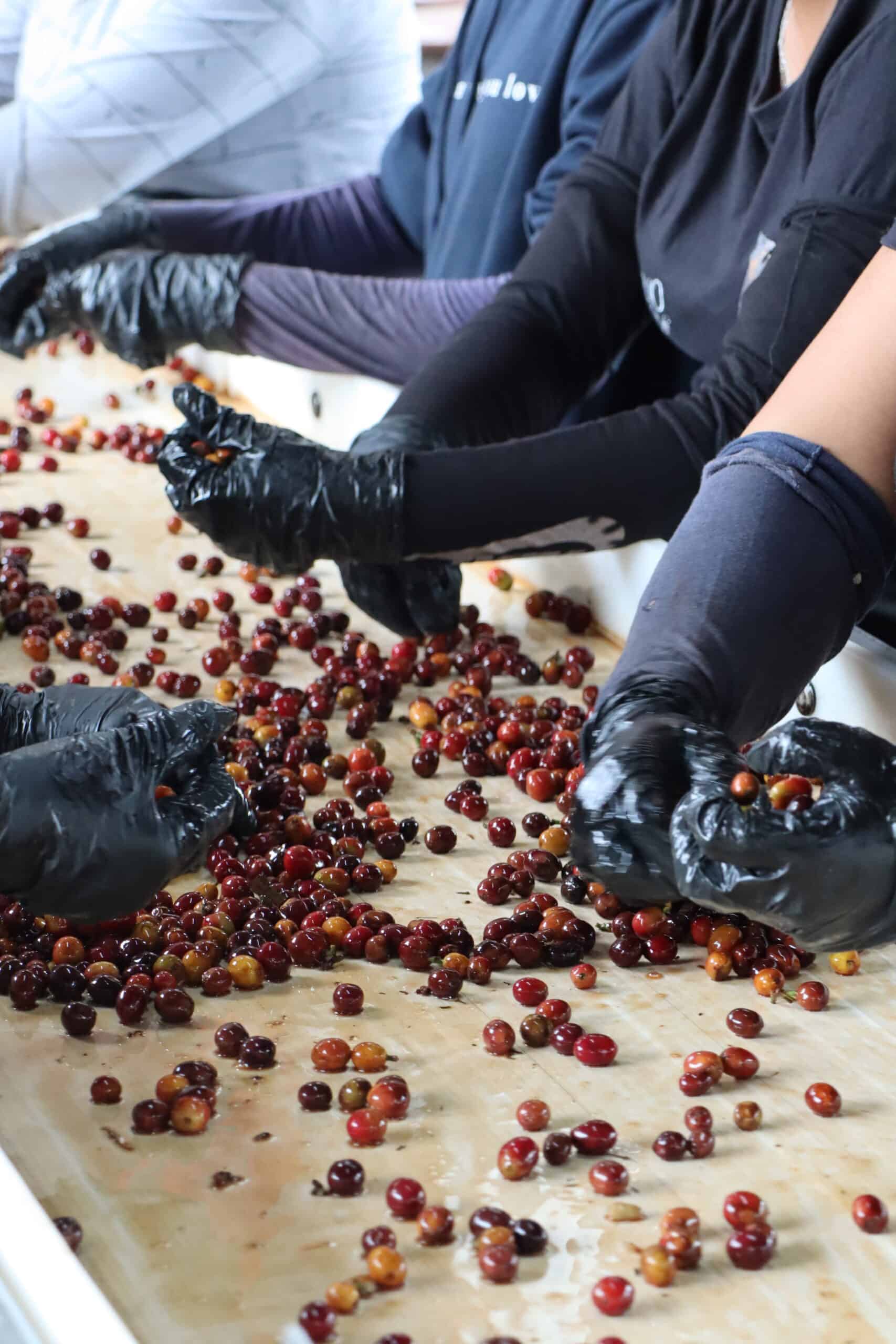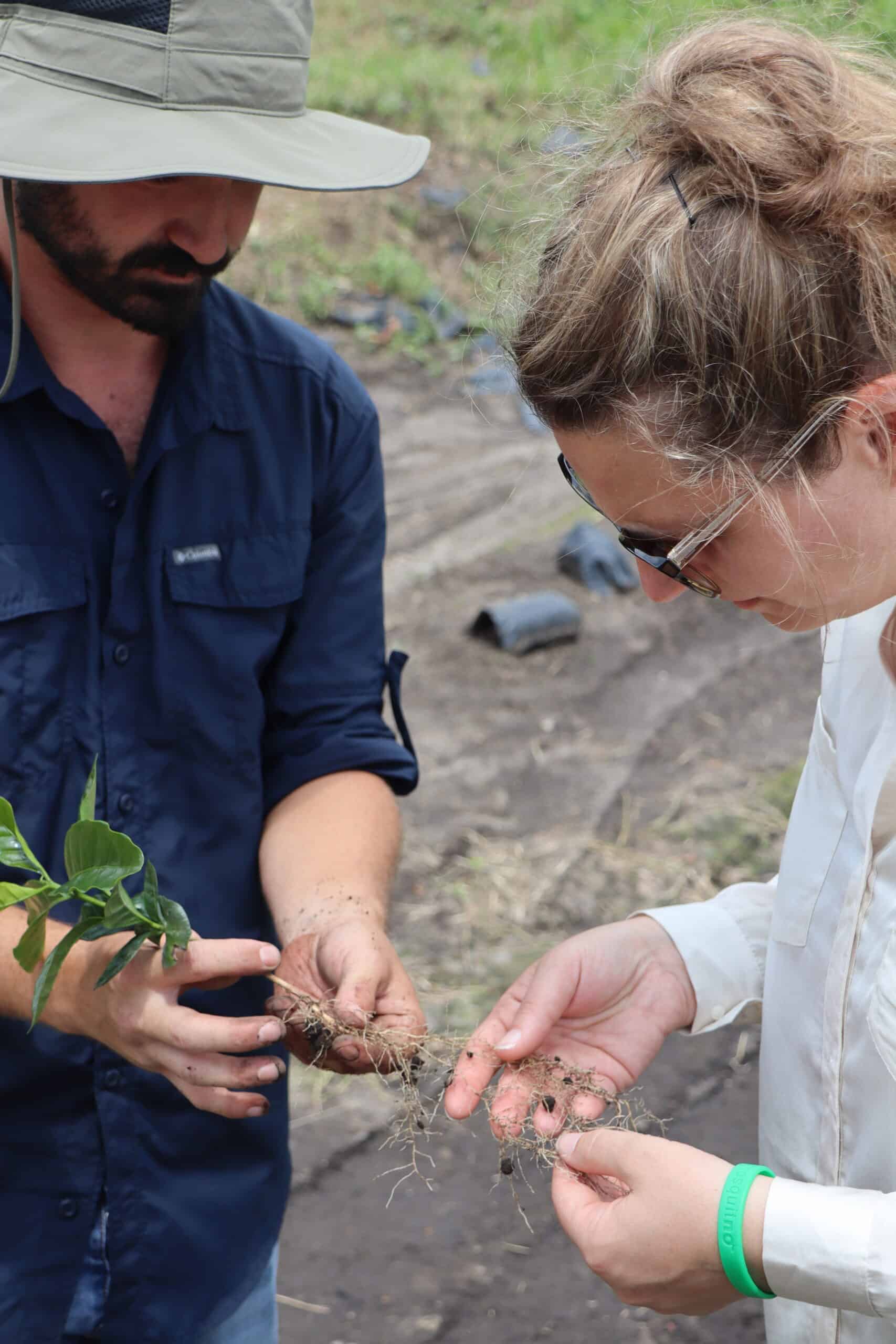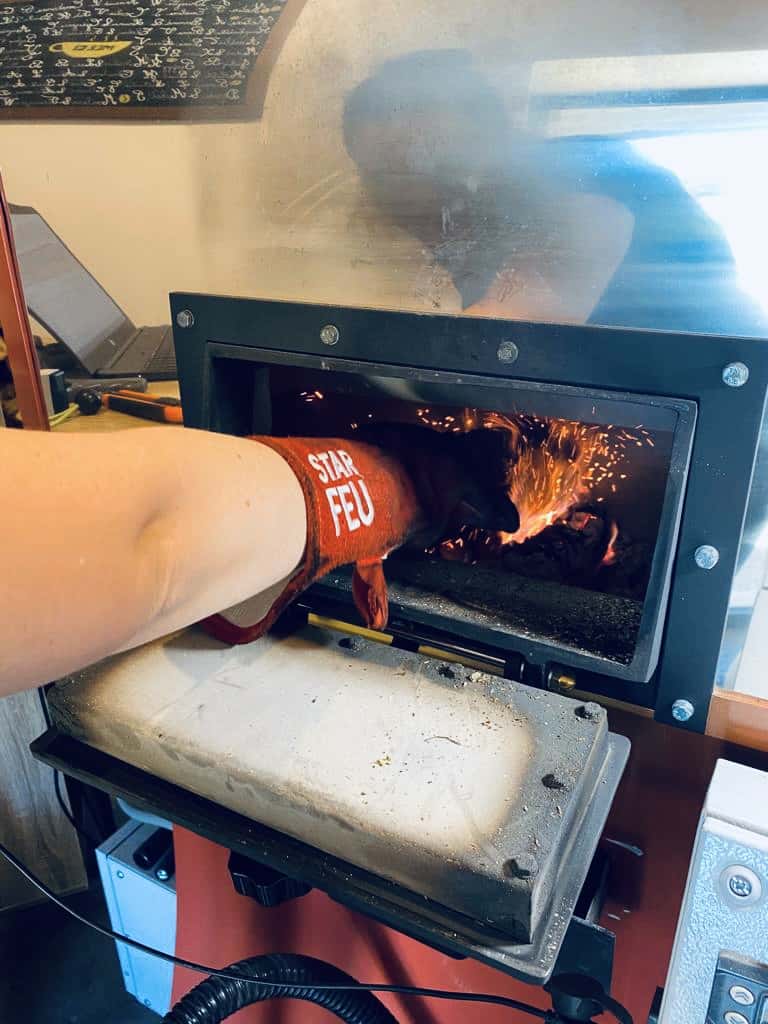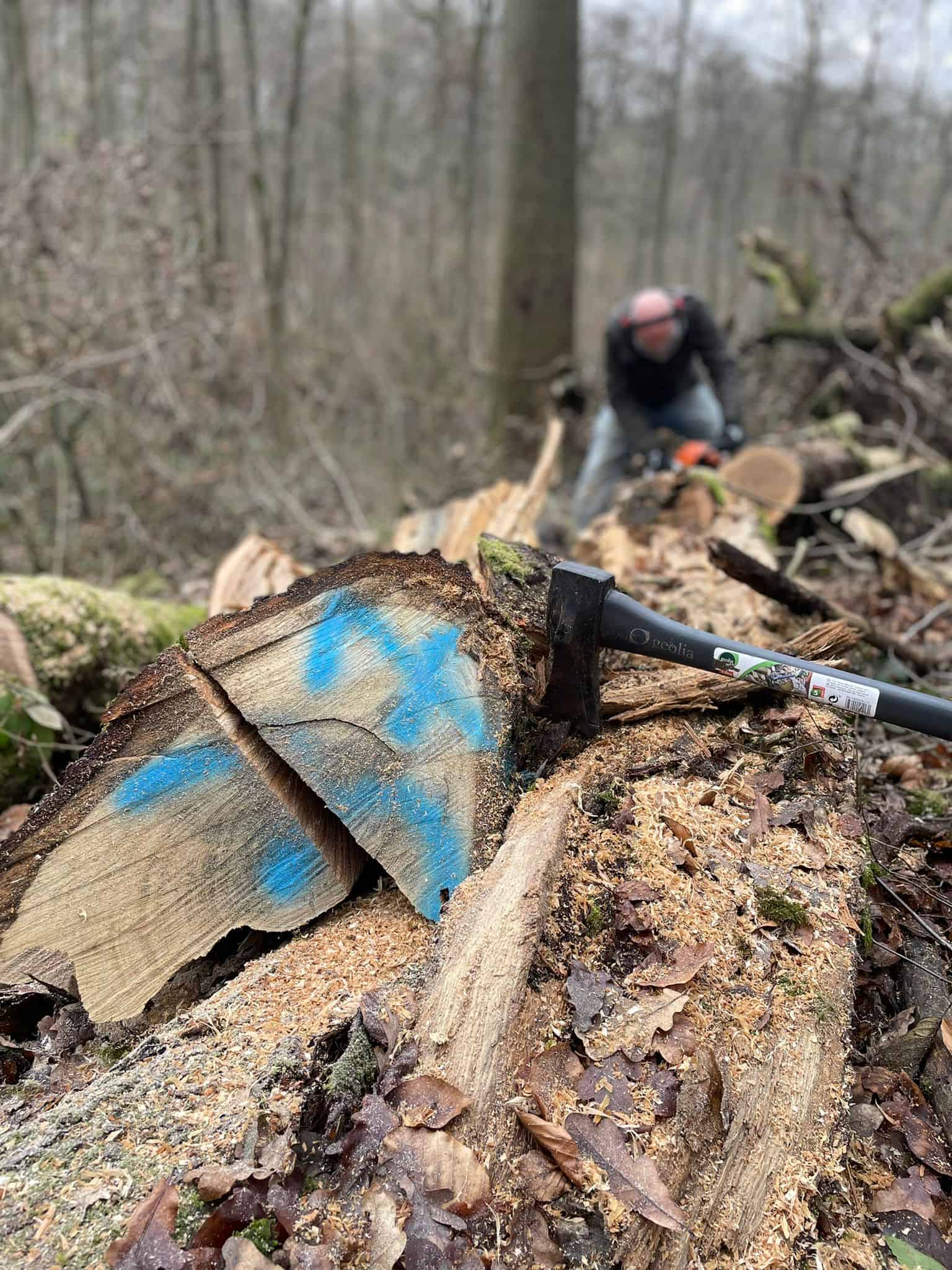*
tea faqs
*
About
Let the adventure begin


How it all began.
WOODSTER was born of Joelle Driesens' furious desire to reconnect with her family roots. As the granddaughter of a coffee roaster, she grew up surrounded by the smell of coffee at the Maison Javanaise, with its jute bags, coffee beans and kraft paper packaging.
In October 2022, after more than a year of research and reflection, the project came to fruition and the decision to turn to speciality coffee and traditional wood-fired roasting became an obvious one, as much for its taste as for its resolutely sustainable approach.
With WOODSTER, Joelle wants to offer a different way of (re)discovering coffee, and that's how the brand's values were established: quality coffee with a unique taste, traceability from bean to cup, a fair price for both producer and consumer, traditional wood-fired roasting and support for a better experience.
The adventure is just beginning... so don't hesitate to follow us!
Looking for a different way to drink and consume?
Explore the taste diversity of speciality coffees
To drink a WOODSTER coffee is to set off on an adventure, to explore new sensations: it's up to you how you choose to make your journey!
Our range of coffees is designed to be varied in flavour, and in part ephemeral depending on the harvest, to suit your preferences... or to encourage you to discover new things.
That's why we've created two ranges:
Discover: round coffees with reassuring notes of chocolate and nuts
Explore: more complex coffees with surprising fruity, floral or herbal notes
Behind each coffee 'name' you'll discover deliberately different aromatic profiles that highlight the work of the producers. Some coffees, mainly in the Explore range, might change with the seasons or availability.

Promote a sustainable approach to modernity and craftsmanship
By choosing to work with speciality coffees and traditional wood-fired roasting, we wanted to lead consumers towards more sustainable consumption.


Speciality coffee: a contemporary approach to coffee
Far from the bitter taste of industrial coffee due amongst others to the low quality of green beans, speciality coffee (100% Arabica) highlights a unique terroir and aromatic complexity thanks to meticulous work from farmer to roaster.
More than 95% of the coffee consumed in the world comes from production linked to the stock market and related speculation, where producers are paid just enough to feed their families.
By rewarding the expertise of the growers through the payment of a fair price, outside the stock market, which emphasises the taste quality of the green beans, we are helping to establish a more sustainable system. Coffee farmers can finally make a real living from their activity.
By being more respected and committed in this way, the producer becomes even more involved in the implementation of sustainable agriculture, which is intrinsically organic, in order to make the most of his crops while respecting nature.
Speciality coffee, a very high quality coffee that is traceable, fair trade and ecologically responsible.
Wood-fired coffee roasting: a traditional skill brought back to the fore
Most roasters use gas or electricity as an energy source. Industrial roasters 'cook' the beans in 90 seconds at a very high temperature.
By choosing wood-fired roasting, a process that is unique in Belgium, WOODSTER aims to minimise its environmental impact by using renewable and locally available energy. The slow roasting process, which takes between 10 and 15 minutes, ensures proper development of these green beans of the highest quality.
The temperature rise is more gradual than with gas or electricity, and together with the moist heat it ensures that the beans roast adequately, resulting in a much wider range of aromas than with other techniques.
The wood used comes from sustainably managed Belgian forests. It is a renewable material, locally available, carbon-neutral and generates recyclable waste. Due to the performance of the roaster, wood consumption is limited to around 2 logs for every 30kg of coffee. Replanting at least the equivalent of the wood consumed during the year, we achieve our objective of being carbon neutral.

